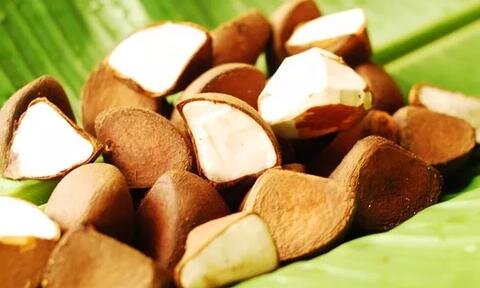
Oriximiná Quilombola REDD+ Project
Overview
Located in the Brazilian Amazon, the Oriximiná Quilombola REDD+ Project is the first commitment by an Afro-Brazilian community to reduce carbon emissions by protecting and enhancing forests on their ancestral lands. The project protects 80,887 ha of rainforest in an area with one of the highest rates of deforestation in the world. The region is home to diverse plant and animal species, including the highly threatened Brazil nut tree, which has formed the basis of local livelihoods for centuries.
A partnership between Anthrotect and the Trombetas River Quilombola Association, the project aims to prevent encroachment by ranchers, loggers, and illegal miners by strengthening forest management on their formally titled land. The project is seeking validation/verification to VCS/CCB standards and will prevent the emission of over 24MM tCO2e over its 30 year lifespan, while enabling investment in local bio-enterprises that strengthen quilombola culture and identity.
Impacts
Climate and biodiversity impacts include the reduction of 24 million tCO2e over 30 years and the protection of at least 25 endangered animal species in one of the most biological diverse biomes on the planet. Social benefits include enhanced educational opportunities through higher education grants, installation of solar energy systems and low-latency broadband Wifi in villages. The project includes training, jobs, and other economic benefits for more than 1,500 community members, contributing to economic growth and wellbeing while strengthening quilombola culture and identity.
Team
The project will support over 30 full and part-time jobs in the community, ranging from managerial positions to technical and administrative staff. The project places a strong emphasis on administrative and financial capacity building for ACORQAT to enable the community to independently manage project operations over the long term. The project provides students and other youth with local employment opportunities while giving community elders the chance to pass on traditional knowledge.
Wildlife
The project area lies within the Uatumã-Trombetas moist forests ecoregion, one of the most biologically diverse biomes on the planet. Field surveys have confirmed the presence of at least 78 species of mammals, 473 species of birds, and 25 species of frogs in the vicinity of the project. Threatened species protected by the project include the giant river otter (Pteronura brasiliensis), the giant anteater (Myrmecophaga tridactyla), the giant armadillo (Priodontes maximus), and the hyacinth macaw (Anodorhynchus hyacinthinus).
Small-Scale Enterprise
Community investment priorities include reduced impact logging, harvesting of açaí berries and Brazil nut, and production of essential oils (breu branco, andiroba, and copaiba). Feasibility studies will be carried out to explore ways to scale up fish farming, beekeeping, ecotourism, and sport fishing.

Açaí Pulp (Euterpe oleracea)

Brazil Nut (Bertholletia excelsa)

Breu Branco Oil (Protium heptaphyllum)

Andiroba Oil (Carapa guianensis)

Copaiba Oil (Copaifera langsdorffii)











